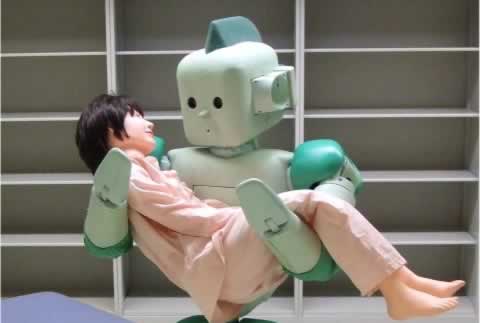
Former chief economist at the International Monetary Fund and current Professor of Economics and Public Policy at Harvard University Kenneth Rogoff made a fascinating declaration:
As the global economy limps out of the last decade and enters a new one in 2010, what will be the next big driver of global growth? Hereâ??s betting that the â??teensâ? is a decade in which artificial intelligence hits escape velocity, and starts to have an economic impact on par with the emergence of India and Chinaâ?¦.In 50 years, computers might be doing everything from driving taxis to performing routine surgery. Sooner than that, artificial intelligence will transform higher learning, potentially making a world-class university education broadly affordable even in poor developing countries. And, of course, there are more mundane but crucial uses of artificial intelligence everywhere, from managing the electronics and lighting in our homes to populating â??smart gridsâ? for water and electricity, helping monitor these and other systems to reduce waste.
In short, I do not share the view of many that, after the Internet and the personal computer, it will be a long wait until the next paradigm-shifting innovation. Artificial intelligence will provide the boost that keeps the teens rolling. So, despite a rough start from the financial crisis (which will still slow global growth this year and next), there is no reason why the new decade has to be an economic flop.
For an image of what a future controlled by computers and robots might look like, look no further than Japan, which employs over a quarter of a million robot workers, envisions using robots to counter future economic and demographic challenges, and creates robot fashion-models.











